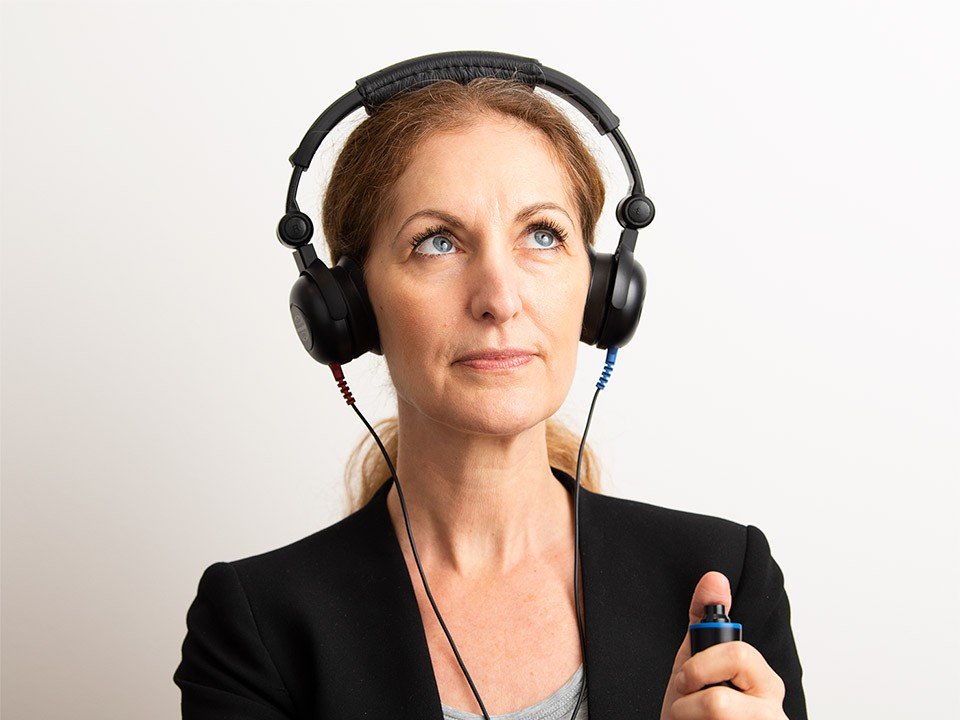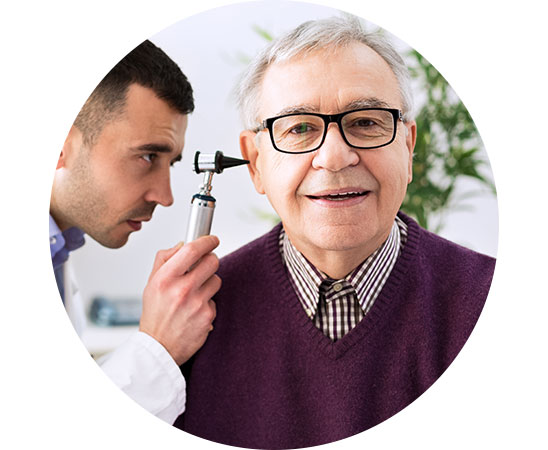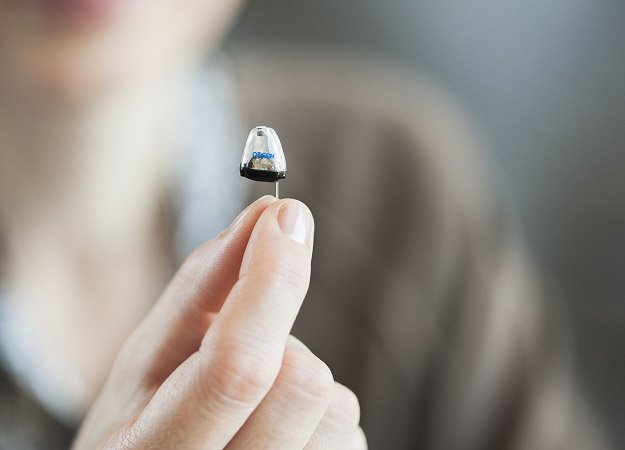BSc, M.Aud (Hons), MNZAS, CCC
Diem graduated from the University of Auckland in 2000 and began her career in the public sector at the National Audiology Centre. She then went on to work in London at a specialist paediatric hospital for 2 years.
On her return to New Zealand Diem worked for a hearing aid manufacturer for 5 years as a sales and product support audiologist before a move to the Bay of Plenty where she worked with adults and children for 5 years at a private clinic in Whakatane. This clinic also provided public hospital audiology support for the Eastern Bay of Plenty.
Diem has now been with Audika for the past 10 years in various roles, one of which was Clinical Trainer where she enjoyed being able to support her fellow clinicians to provide quality hearing care for all Audika clients. During this time, Diem was also on the NZAS Executive Council for two years. Her many years of experience and well-honed skills has allowed her to help reconnect her clients with their family and loved ones on their hearing journey.












